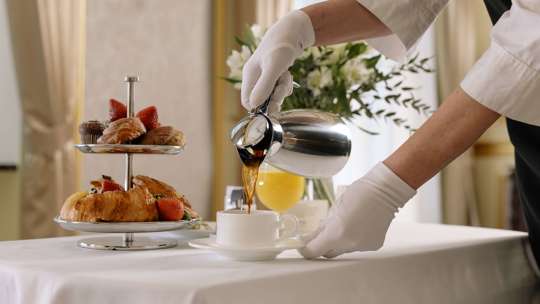
Tea for breakfast
Whether you are looking for a tea to pair with croissants or you want to know what to eat with english breakfast tea - we have got the perfect pairing for your breakfast.
Discover
As coffee lovers, we all know that the perfect cup of coffee is not just about the beans or the brewing method. It's just as important to consider the water. The quality of water used in brewing can make or break your coffee experience. Understanding water quality is crucial when it comes to brewing the perfect cup of coffee and this refers to the composition, pH level, and temperature of the water used in the brewing process. These factors can greatly impact the taste, aroma, and overall enjoyment of your coffee.
When we talk about water quality, we are considering the presence of minerals, such as calcium and magnesium, which can enhance the flavour and body of your coffee. We are also looking at the pH level of the water, as this affects the balance and bitterness of the brew. Additionally, the temperature of the water is important for the proper extraction of the flavours from the coffee beans.
By understanding the concept of water quality, you can make informed decisions about the type of water to use and how it may affect your coffee. It allows you to tailor your brewing process to achieve the perfect cup every time. So, the next time you brew a pot of coffee, remember to consider the importance of water quality and how it can elevate your coffee experience.
When we talk about water quality, we are considering the presence of minerals, such as calcium and magnesium, which can enhance the flavour and body of your coffee. We are also looking at the pH level of the water, as this affects the balance and bitterness of the brew. Additionally, the temperature of the water is important for the proper extraction of the flavours from the coffee beans.
Water quality is of utmost importance when it comes to brewing the perfect cup of coffee and whilst it may seem like a small detail, the quality of water can significantly impact the taste, aroma, and overall enjoyment of your coffee. The composition of water plays a crucial role in extracting the flavour compounds and oils from the coffee beans. Minerals such as calcium, magnesium, and bicarbonate can enhance the body and flavour of your coffee. On the other hand, excessive minerals or impurities like chlorine or lead can introduce unpleasant tastes or aromas. By using water that is free from contaminants and has the right mineral balance, you can ensure that your coffee is brewed to perfection.
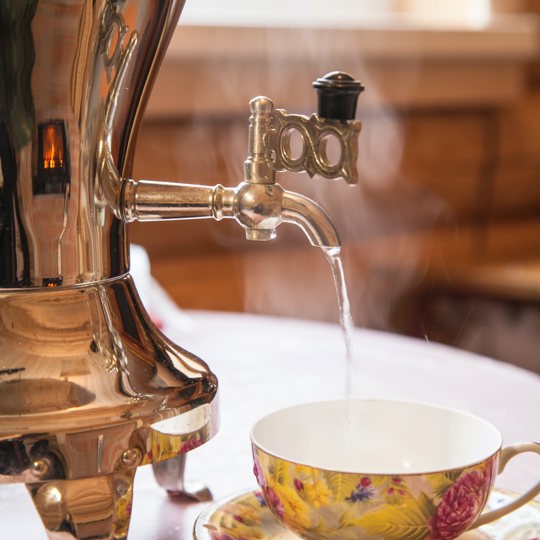
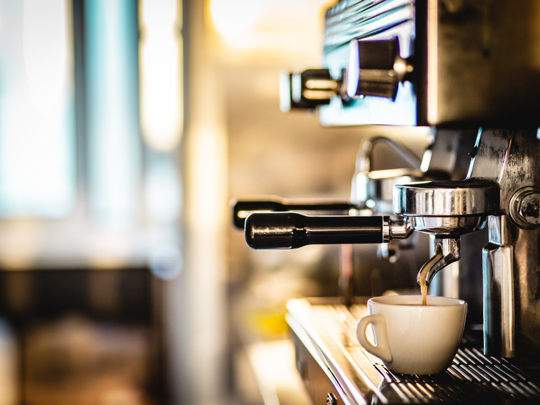
In addition to mineral content, the pH level of water is also vital for a balanced and enjoyable cup of coffee. Coffee beans extract best at a pH of around 7. If the water is too acidic or alkaline, it can result in an imbalanced or bitter taste. Achieving the perfect pH balance in your brewing water is crucial to bringing out the best flavours in your coffee beans.
Furthermore, the temperature of the water used in brewing is another critical factor. The ideal temperature range for brewing coffee is between 195 to 205 degrees Fahrenheit (90 to 96 degrees Celsius). Water that is too hot can lead to over-extraction, resulting in a bitter or burnt taste, whilst water that is too cold may not fully extract the flavours. By using water at the optimal temperature range, you can ensure that the flavours in your coffee are perfectly balanced.
Water hardness refers to the mineral content in water, specifically the concentration of calcium and magnesium ions. These minerals naturally dissolve in water as it passes through rocks and soil, giving it hardness. Water hardness is typically measured in grains per gallon (gpg) or parts per million (ppm).
The hardness of water can vary depending on the source and geographical location. Hard water is common in areas with high mineral content in the soil and soft water has a lower mineral content. Water hardness can have a significant impact on coffee brewing. For example, hard water can affect the taste and quality of your coffee by interacting with the coffee grounds. It can lead to a bitter or unpleasant taste and affect the extraction process.
Understanding the hardness of your water is important for achieving the perfect cup of coffee. If you have hard water, you may need to adjust your brewing methods or consider using a water-softening system or a water filter to reduce the mineral content.
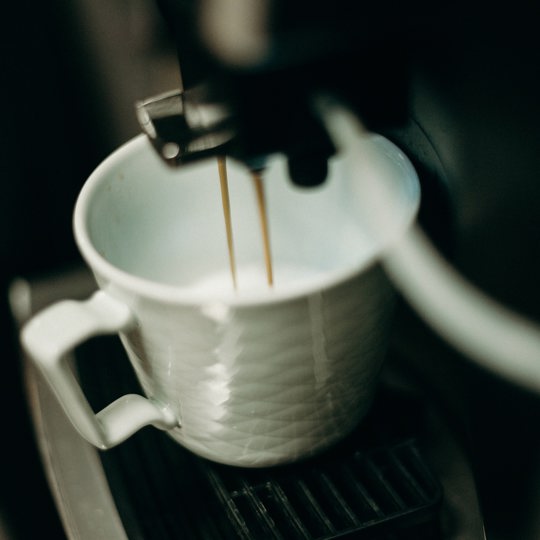
First and foremost, investing in a water filter is a great way to remove impurities and contaminants from your water. Whether it's a pitcher-style filter for your fridge or one that attaches directly to your tap, a water filter will help eliminate chlorine, lead, and other unwanted substances that can negatively impact the taste of your coffee.
Another option to consider is using bottled water or spring water specifically labelled for brewing coffee. These types of water have been carefully purified and have the right mineral balance to enhance the flavours in your coffee. What’s more, hard water can actually damage your coffee machine and lead to build up and a shorter life span for your machine.
Additionally, if you prefer a more hands-on approach, you can also try brewing your own mineral water at home. Start with filtered tap water and add a pinch of food-grade minerals, such as calcium or magnesium, to achieve the perfect balance.
Lastly, make sure you're properly storing your water to maintain its quality. It's important to keep it in a clean container that is free from any odours or flavours that could transfer to the water. Additionally, try to use your water within a reasonable timeframe to avoid any potential stagnation or changes in taste. By following these steps, you can greatly improve the quality of your water and ultimately elevate your coffee brewing experience.
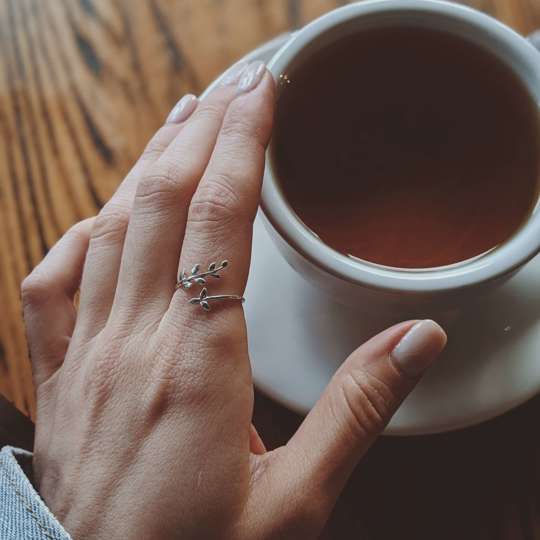
One of the simplest ways to test water quality is by using a home testing kit. These kits are readily available online or at local DIY shops and provide you with all the necessary tools and instructions to test the quality of your water. They typically include test strips that you can dip into your water sample and compare the results to a colour chart. This will give you an idea of the pH level and mineral content of your water.
Another option is to send a water sample to a laboratory for professional testing. This is a more accurate and comprehensive method as the lab technicians will be able to provide detailed information about the composition of your water. However, it is not as convenient as a test kit.
If you're a coffee connoisseur and want to take testing water quality to the next level, you can invest in a TDS (Total Dissolved Solids) meter. This device measures the concentration of dissolved solids, such as minerals, in your water. By using a TDS meter, you can get a more precise measurement of the mineral content in your water, which can help you determine the best water for brewing your coffee. In addition to testing the quality of your water, it's important to keep in mind the storage and maintenance of your brewing equipment. Make sure to clean your coffee machine regularly to prevent the build-up of mineral deposits or bacteria. Use filtered water or follow the recommended cleaning procedures provided by the manufacturer to ensure the longevity of your coffee machine and the quality of your brew.
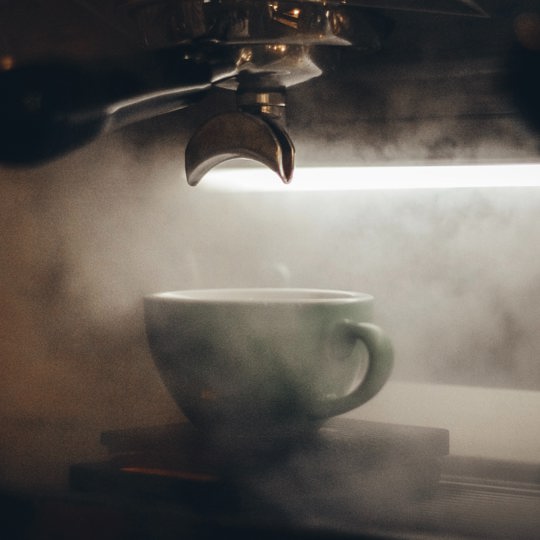

The coffee machines at Cafe Du Monde are exceptionally manufactured and through careful brewing and fantastic water quality, enhance the flavours and aromas of coffee beans. Our machines are equipped with advanced features and technology that ensure precise water temperature and pressure control which allows for optimal extraction of the coffee grounds, resulting in a rich, flavoursome brew.
Our machines include fantastic choices such as the La Spaziale S5 EK Compact, a traditional coffee machine perfect for baristas and baristas in training. The La Spaziale S1 Vivaldi is another fabulous choice if you desire a quality espresso but lack the space for a larger machine, and if you prefer the simplicity of bean-to-cup, the Jura X6 is the ideal solution. Perfect for home or office environments.
We have a huge variety of coffee machines, perfect for individual use, or commercial use. Each machine comes with an array of fantastic features and a helpful user manual to ensure you are always getting the most out of your machine. Using the best quality water, maintaining regular maintenance and always cleaning your machine down will result in the best coffee every time.